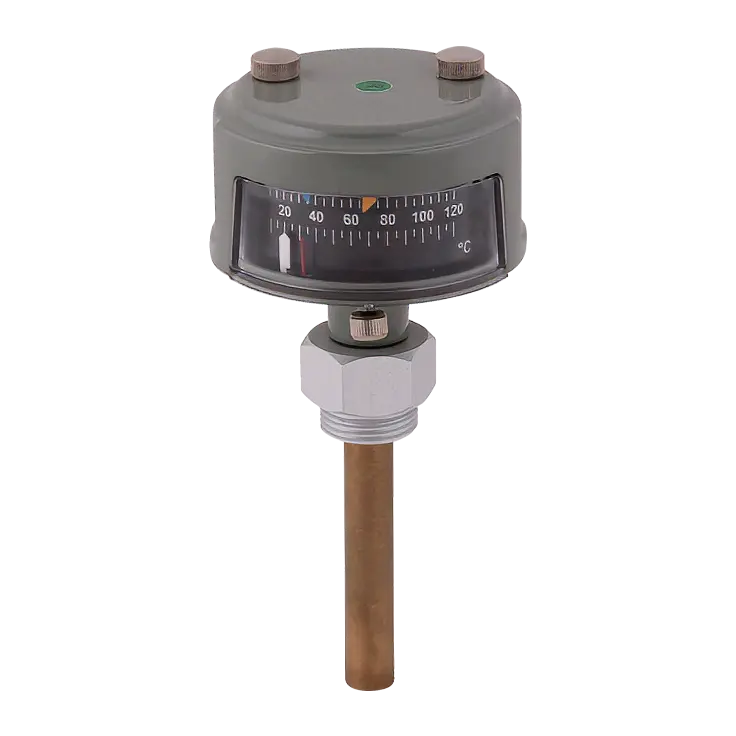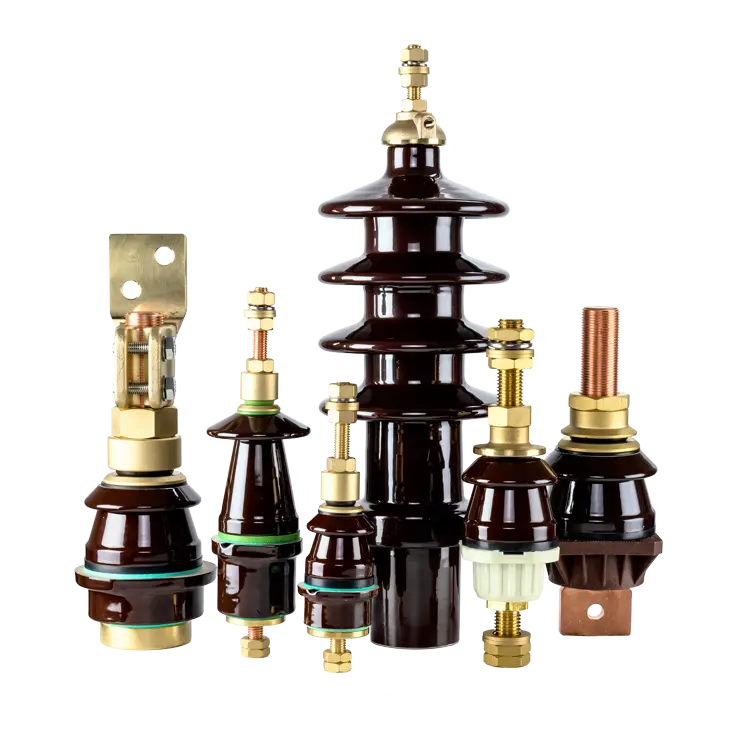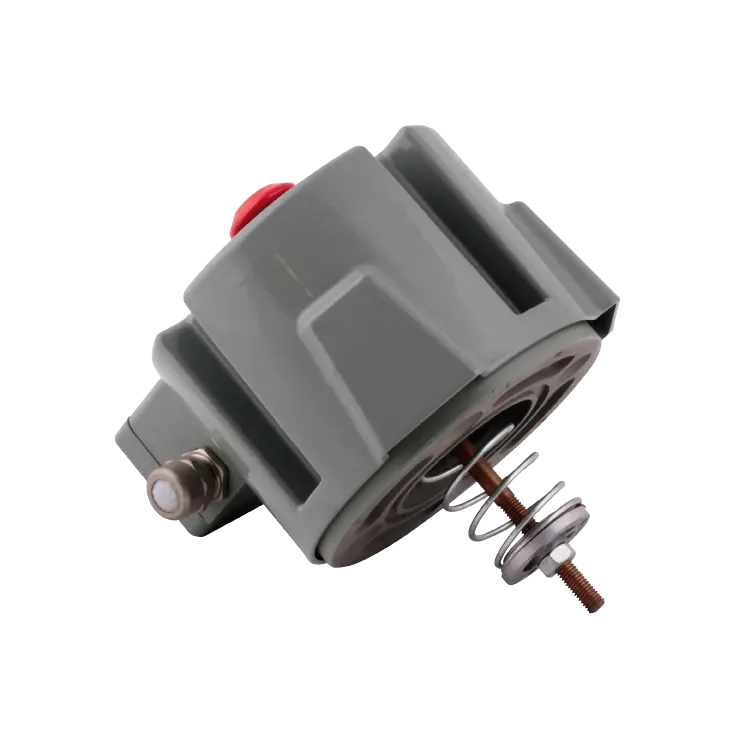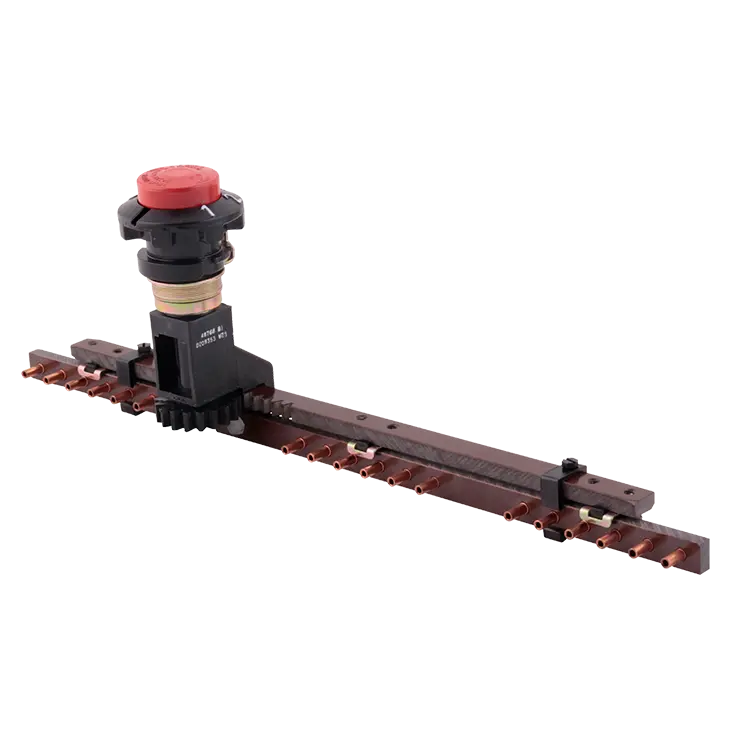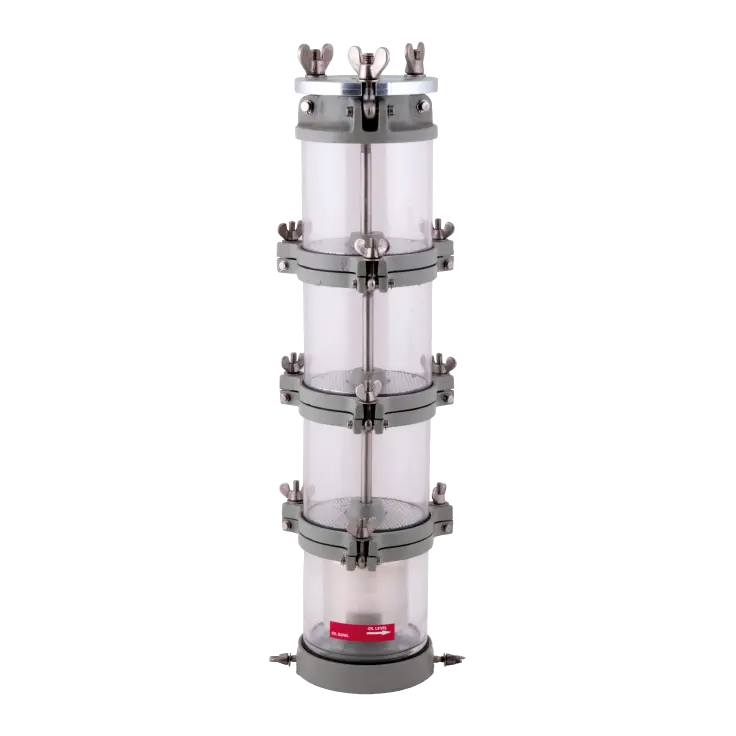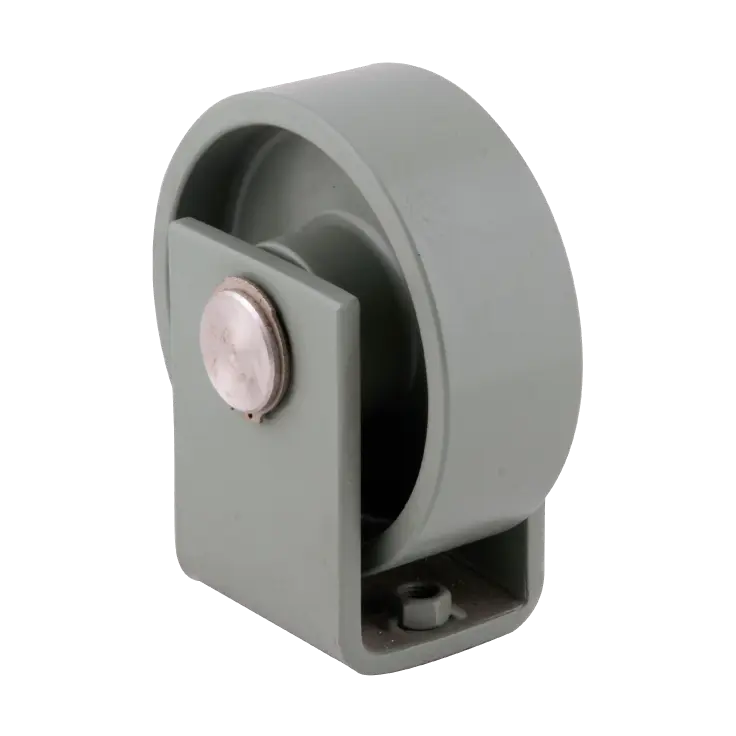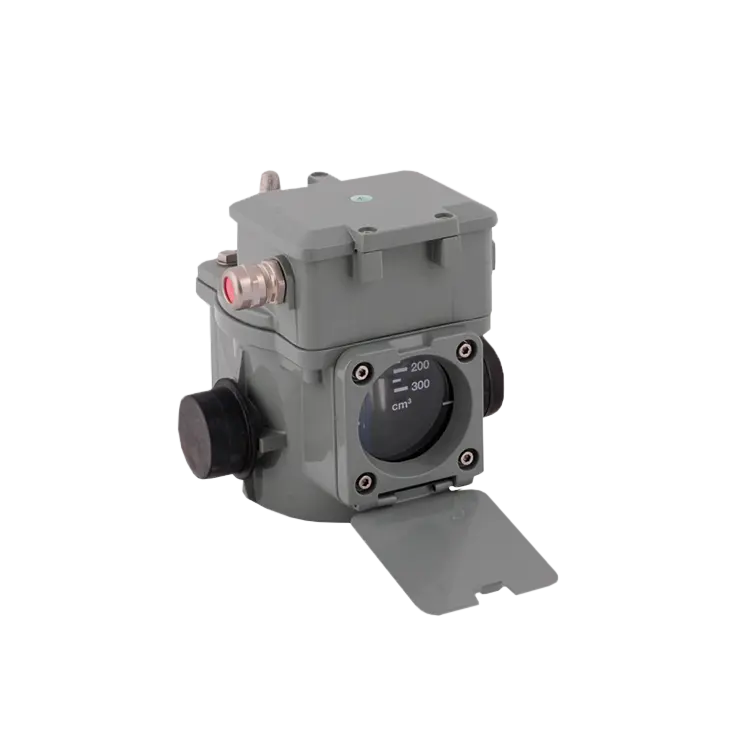
Accessories for Oil Transformers
Buchholz relays
Buchholz Relay is a protection device for monitoring the gas and oil movements in oil immersed transformers. It is designed to detect the faults and minimize the propagation of any damage which might occur within oil circuit, induction coils etc.
The examples of the faults which could cause gas accumulation or strong oil flows in the oil circuit are as follows:
- short-circuited core laminations
- broken-down core insulation
- overheating of windings
- bad contacts
- short-circuit between phases
- earth faults
- puncture of bushing insulators inside tank
- falling of oil level due to leaks
- ingress of air as a result of defective oil circulation system
TECHNICAL SPECIFICATIONS
Electrical
Oil
Response conditions of the contact systems
Ambient
Shock resistance
Do you have questions about our product, would you like personal advice, or do you want to place an order? Our team is happy to assist you with help and guidance! Quality and expertise from a single source!
Construction
The relays structurally consist of two main sections, i.e. main housing and upper housing which are both made of corrosion-resistant aluminum alloy and covered with electrostatic powder paint. These sections are also resin treated to seal possible micropores.
Main Housing
Depending on the model, screw or flange type connections are available. On each side there are graduated inspection glass windows which enable the volume of gas to be read off and the contact system to be examined. The inspection windows have also additional metal protection covers against external hazards.
Upper Housing
Upper housing holds all the inside mechanisms and is also fitted with a cable terminal box, a breather cock and a test button for the mechanical release of the floats to test the alarm circuits. Cable terminal box incorporates the base mounted electrical connection parts and earth terminal and has a cover for external hazard protection. Breather cock is generally used to exhaust the air in the relay and to take gas samples. The inside mechanism comprises upper and lower contact systems for alarm and tripping positions. Both contact systems include:
- a float made of oil resistant, closed cellular type special plastic foam
- a magnet and a mechanical or mercury contact
Additionally, the lower contact system is also fitted with a deflector plate for oil flow sensing. Single float Buchholz relays have only one contact system together with the deflector plate.
Operation Principle
During normal operation the relay is completely filled with oil keeping the floats in their top limit or rest position. The contact mechanisms in the relays respond to:
- slight faults causing a slow evolution of gas in the transformer
- serious faults creating immediate oil surge
- oil leakages
Slight Faults
When a slight or incipient fault occurs in the transformer, the small bubbles of gas, which pass upwards towards the oil conservator tank, are trapped in relay housing, thus causing its oil level to fall. As a result the upper float rotates on its hinge and operates the alarm switch, thus operating an external alarm device.
Serious Faults
When a serious fault, core insulation break-down, short circuits etc., occurs in the transformer, the gas generation is violent and causes the oil to rush through the Buchholz Relay to the oil conservator tank. In the relay, this oil surge impinges on the deflector plate fitted on the lower float and causes the rotation of the float itself, thus operating the tripping contact and disconnecting the transformer.
Oil Leakage
An oil leak in the transformer causes the oil level in the relay to fall, thus operating first the alarm (upper) float and then the tripping (lower) float. The ingress of air into the transformer, arising from the defects in the oil circulation system, operates the alarm float.
Suitable for this

Quality and expertise from a single source
For over 60 years, we have been successfully operating in the market as an owner-managed company. We combine tradition with innovation and stand for fairness and the highest quality. Founded more than six decades ago, we have continuously developed and established a recognized name.
Learn more about the company